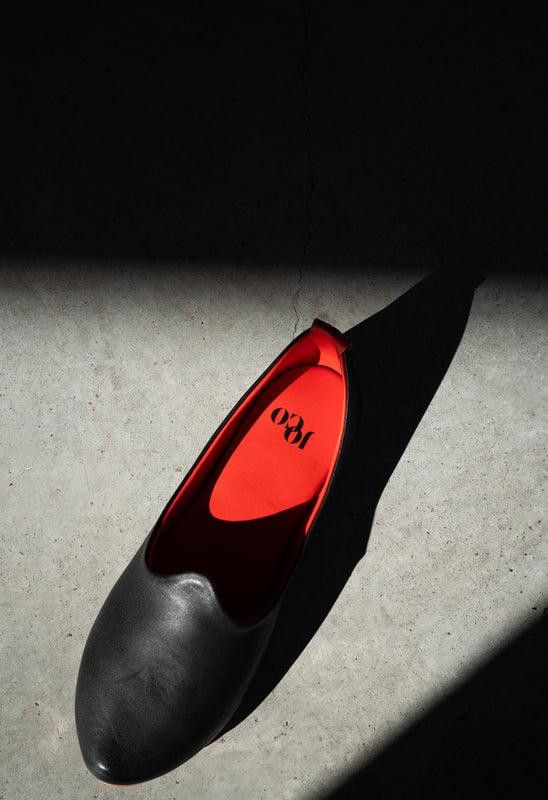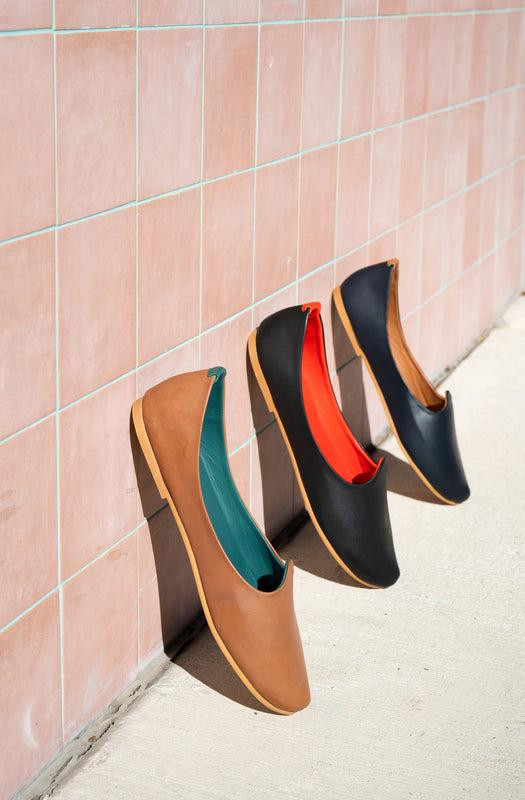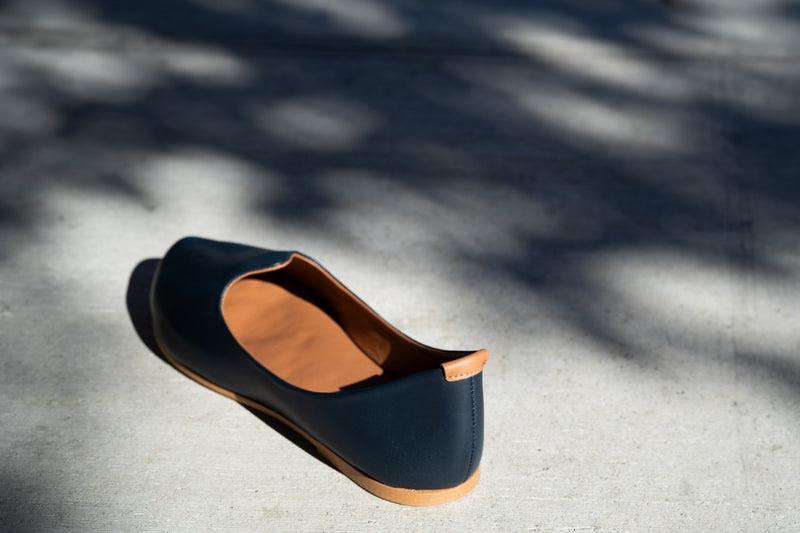Why Every Man Needs a Pair of Handmade Mojri Shoes
In a world dominated by sneakers and corporate dress shoes, it’s easy to forget the footwear that carries centuries of heritage. The Mojri, also known as Jutti in certain regions, is not just a shoe—it’s a story. Each pair is crafted by skilled artisans who have inherited the craft through generations, often working in small workshops with nothing more than traditional tools and unmatched skill. These shoes are steeped in history, having once adorned the feet of kings and nobles, yet they continue to evolve, blending into modern wardrobes with

surprising ease. Whether you’re attending a wedding, hosting a festive dinner, or heading for an Indo-western office look, Mojris can elevate your style instantly. They are a rare blend of comfort, elegance, and cultural pride. By choosing a Mojri, you’re not just making a fashion statement—you’re taking a step towards preserving an art form that might otherwise fade away in the shadow of mass-produced fashion.
The Mojri Advantage — At a Glance
| Feature | Benefit | Best For |
|---|---|---|
| Handmade Craftsmanship | Unique, artisanal quality that machines can’t replicate | Cultural events, weddings, heritage wear |
| Versatile Styling | Pairs with traditional & modern outfits | Office ethnic days, casual gatherings |
| Comfort & Durability | Soft leather molds to your feet for long-term comfort | Long wear without discomfort |
| Cultural Connection | Supports Indian heritage & artisan livelihoods | Conscious fashion enthusiasts |
1. Heritage You Can Wear
The Mojri’s origin can be traced back over 400 years. Once crafted for royalty, they now find a place in every man’s wardrobe who values tradition. Every stitch, bead, and cut in a Mojri has a story—one that speaks of ancient markets, cultural pride, and the slow art of handmade fashion.

Example: A customer wearing a tan leather Mojri to his cousin’s wedding not only receives compliments on style but also sparks conversations about where it was made, and by whom. This is style with depth.
2. Style Versatility Beyond Weddings
Contrary to popular belief, Mojris aren’t only for grand occasions. A simple plain leather Mojri can replace loafers for office wear, while an embroidered pair works wonders at festive gatherings.
| Outfit Type | Mojri Suggestion | Style Impact |
|---|---|---|
| Kurta-Pajama | Embroidered silk Mojri | Elegant & traditional |
| Indo-Western Blazer | Minimalist tan leather Mojri | Modern yet culturally rooted |
| Jeans & Shirt | Black plain leather Mojri | Effortlessly unique casual look |
3. Comfort Meets Craftsmanship
When you slip your feet into a pair of authentic handmade Mojri shoes, you immediately feel the difference. Unlike stiff, factory-produced footwear, genuine Mojris are crafted from natural vegetable-tanned leather that adapts to your foot shape over time, creating a personalized fit.

The softness of the leather and the precision of the hand-stitching ensure that every step feels cushioned, without the bulk of modern foam padding. The flat sole aligns naturally with your posture, reducing strain on your legs during prolonged wear—something synthetic shoes often fail to provide.
Comfort Comparison Table
| Feature | Handmade Mojri | Factory Shoe |
|---|---|---|
| Material | Natural leather (breathable) | Synthetic/artificial leather |
| Fit Over Time | Molds to foot shape | Remains stiff or deforms poorly |
| Breathability | High – keeps feet cool | Low – traps heat & sweat |
| Weight | Lightweight | Often heavy with rubber soles |
Example: Many Mojri wearers report wearing them comfortably for an entire wedding day—from morning rituals to late-night receptions—without a single blister.
4. Supporting Local Artisans
When you purchase a Mojri, you’re not just buying footwear—you’re sustaining a livelihood. Across Rajasthan, Punjab, and Uttar Pradesh, thousands of artisans work in small workshops, often with their families, crafting Mojris by hand.
It can take anywhere from 8 hours to 3 days to make a single pair, depending on the complexity of the embroidery. These craftsmen rely on traditional tools—wooden shoe molds, awls, and leather knives—passed down through generations. Your purchase helps keep this heritage alive, preventing younger artisans from abandoning the trade for low-paying factory work.